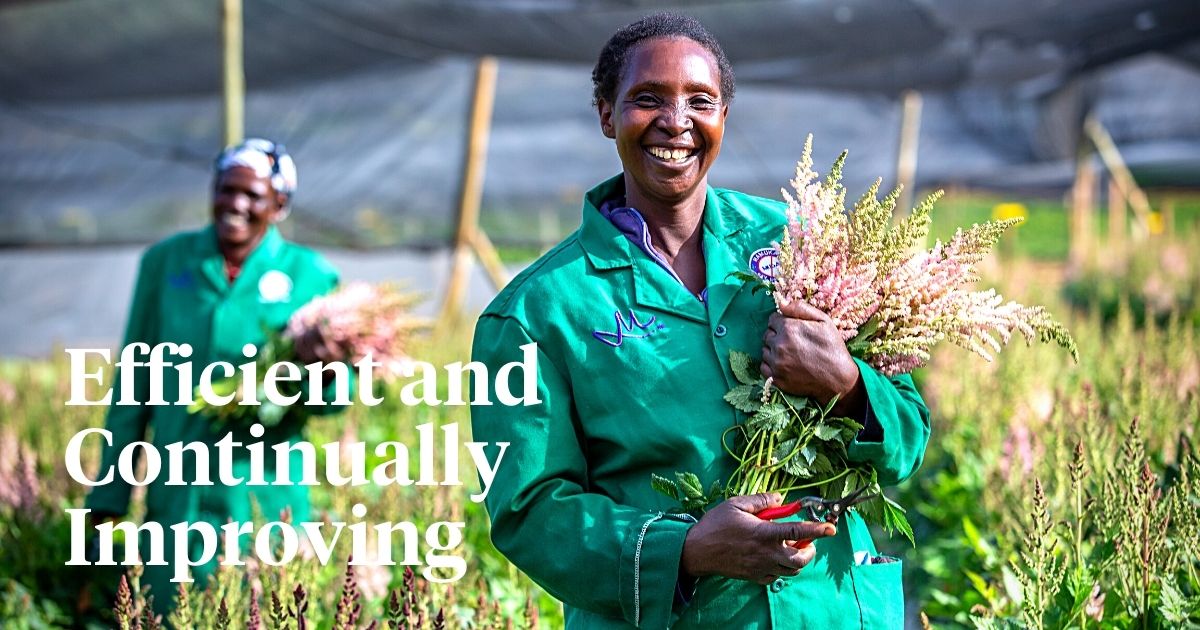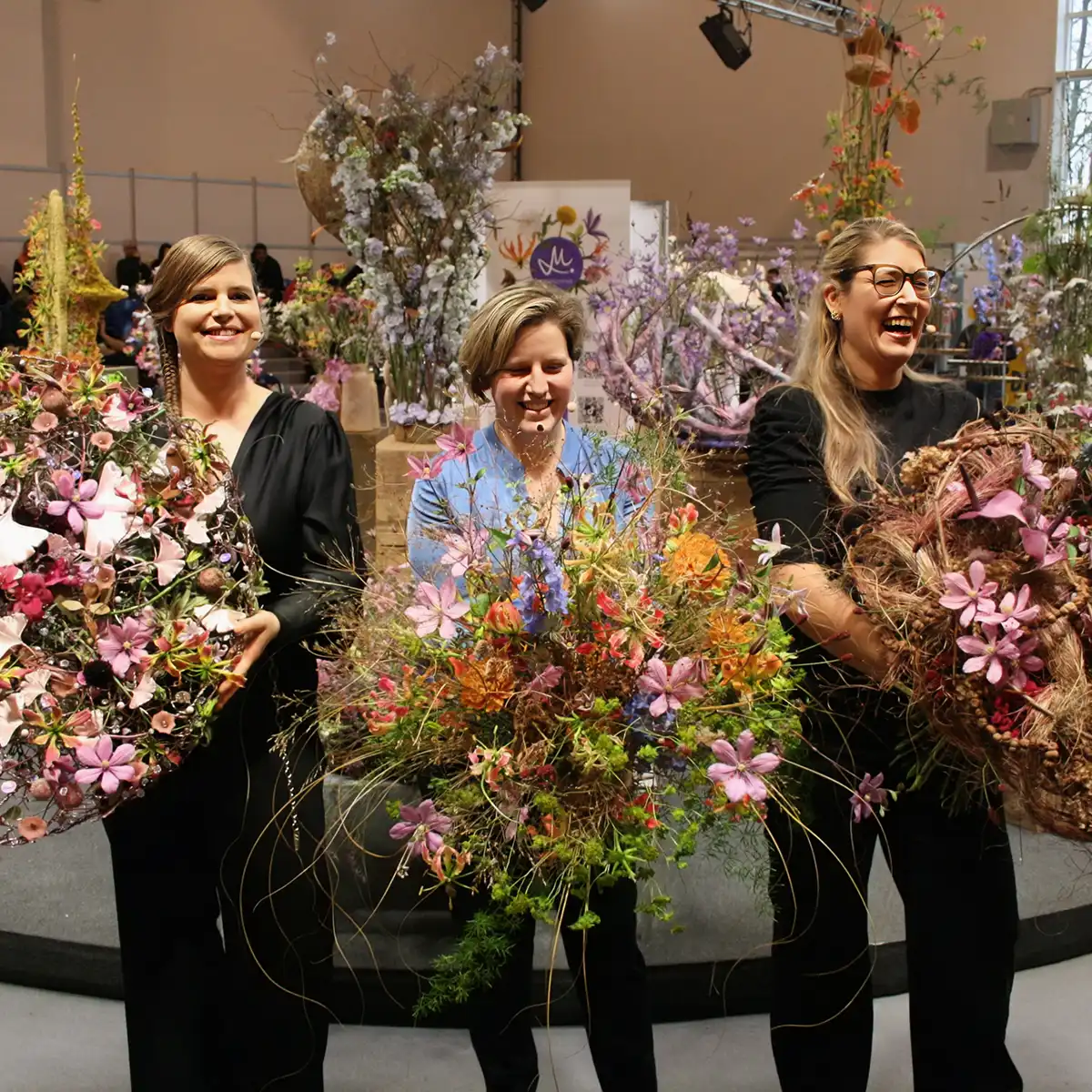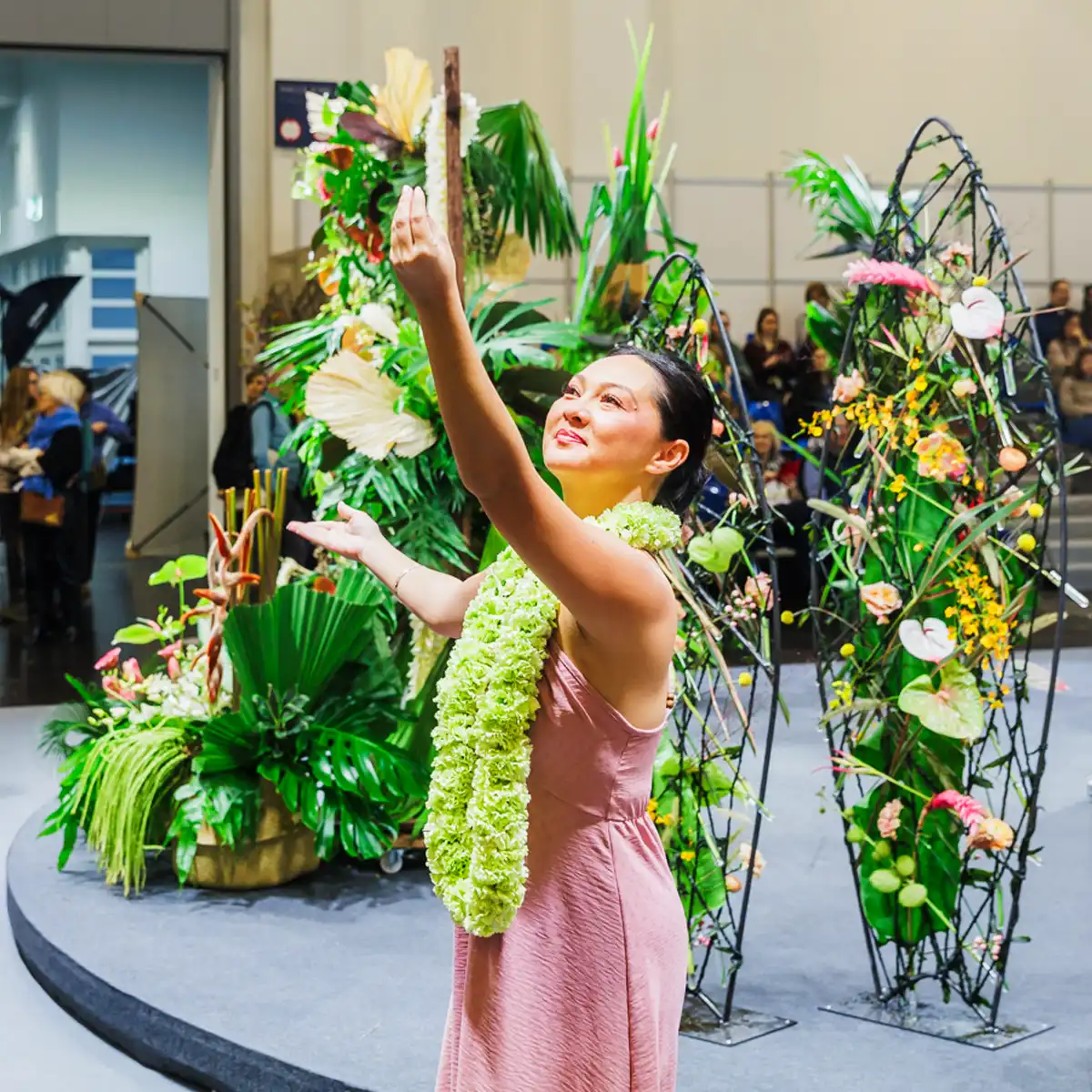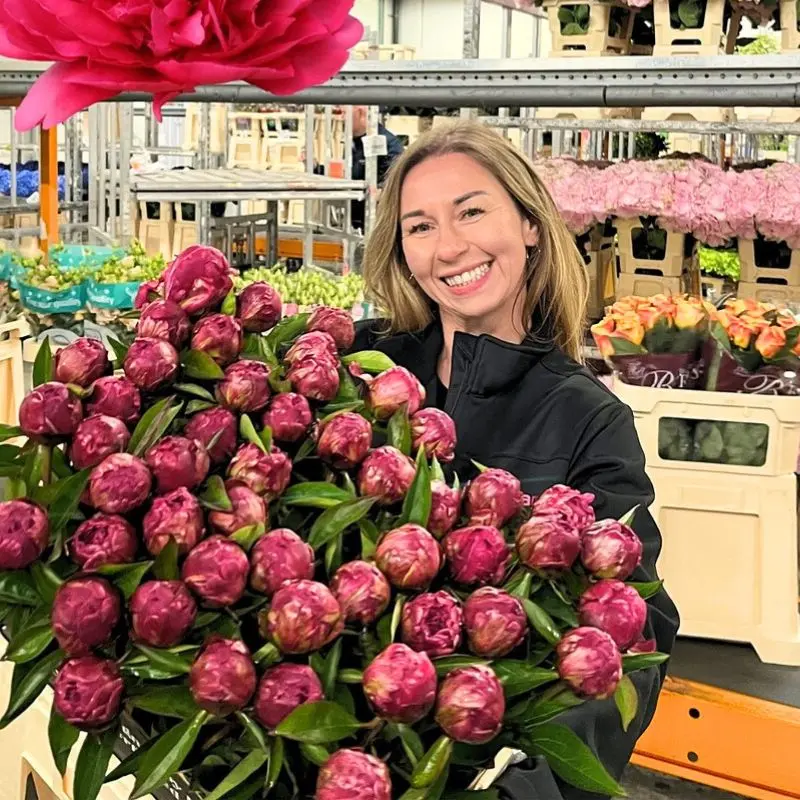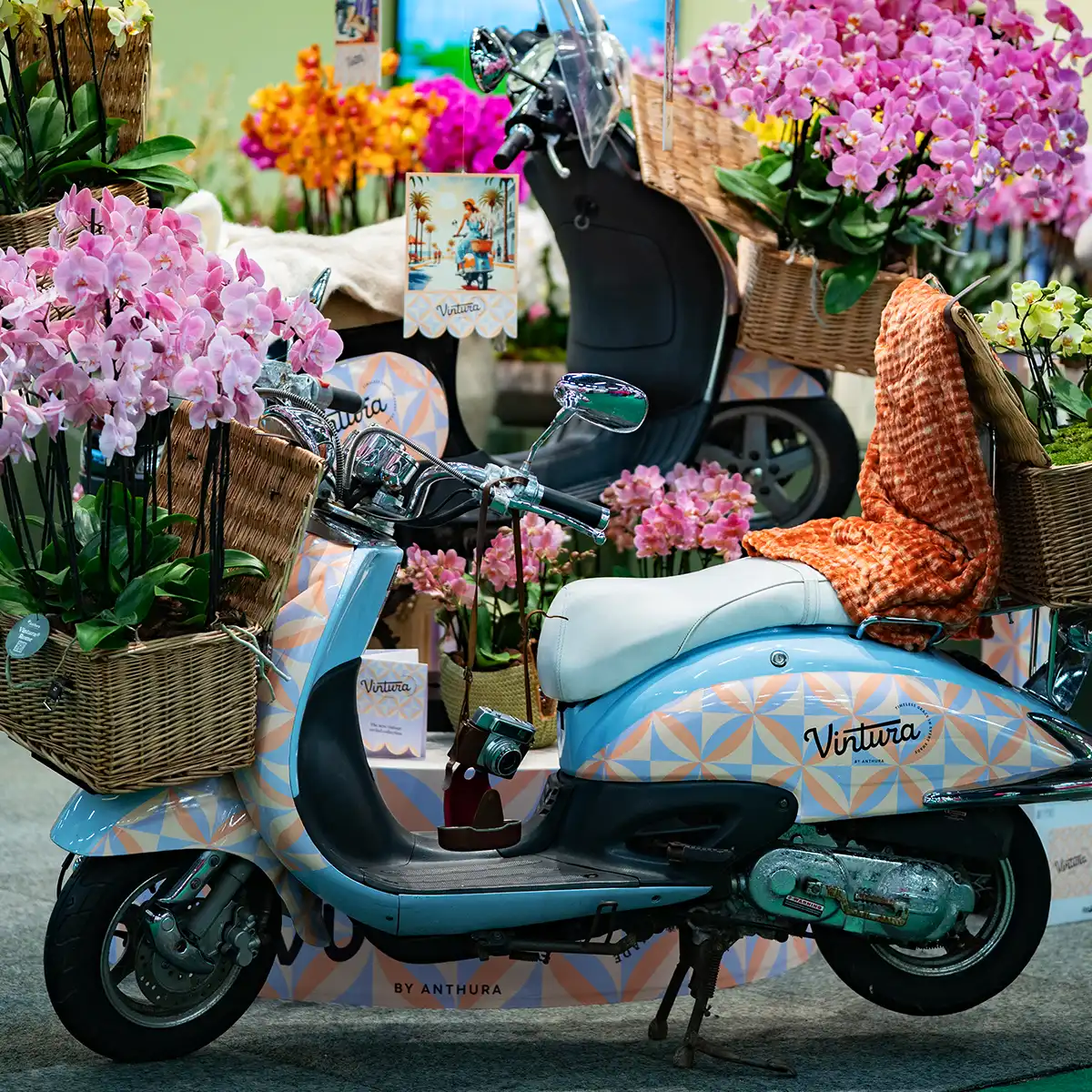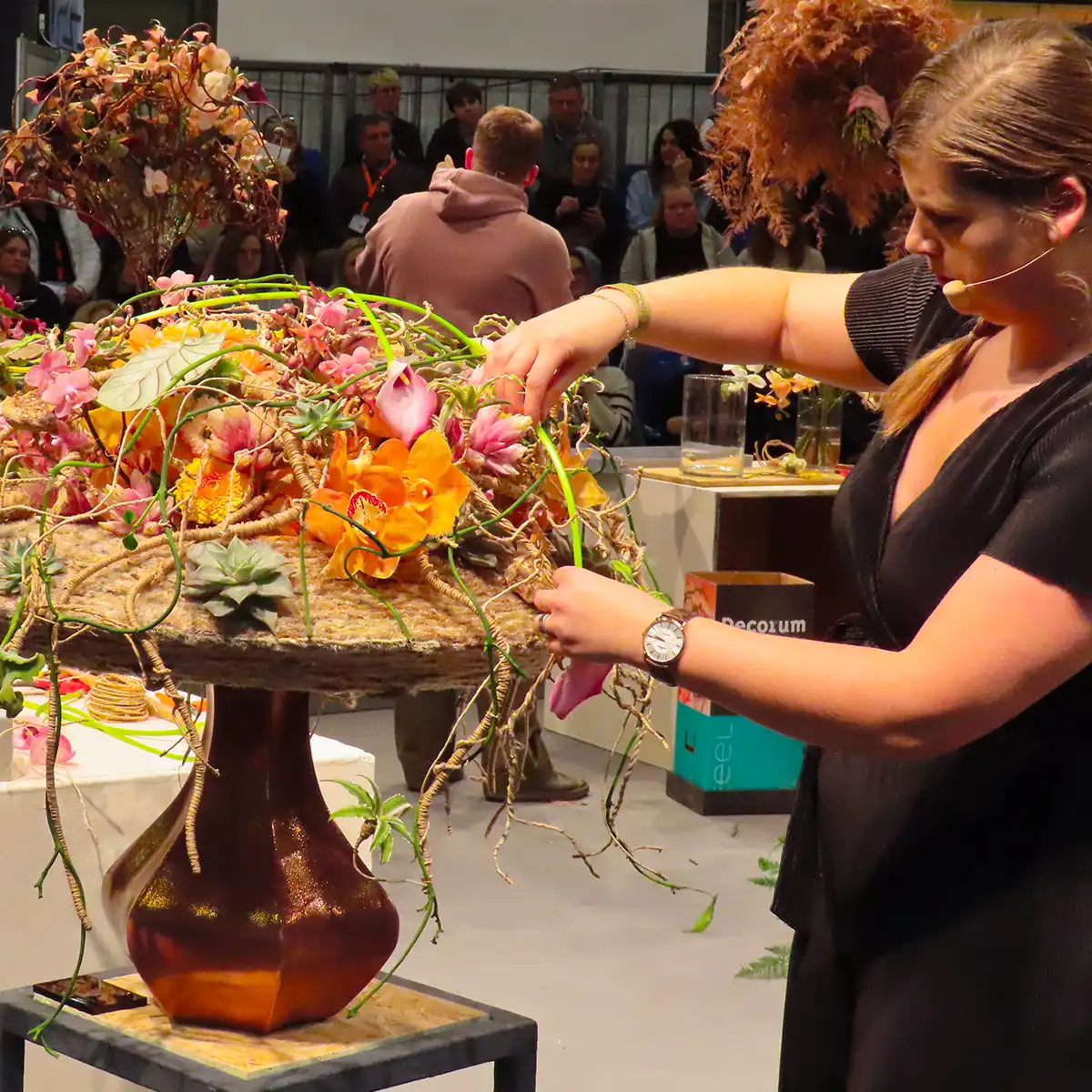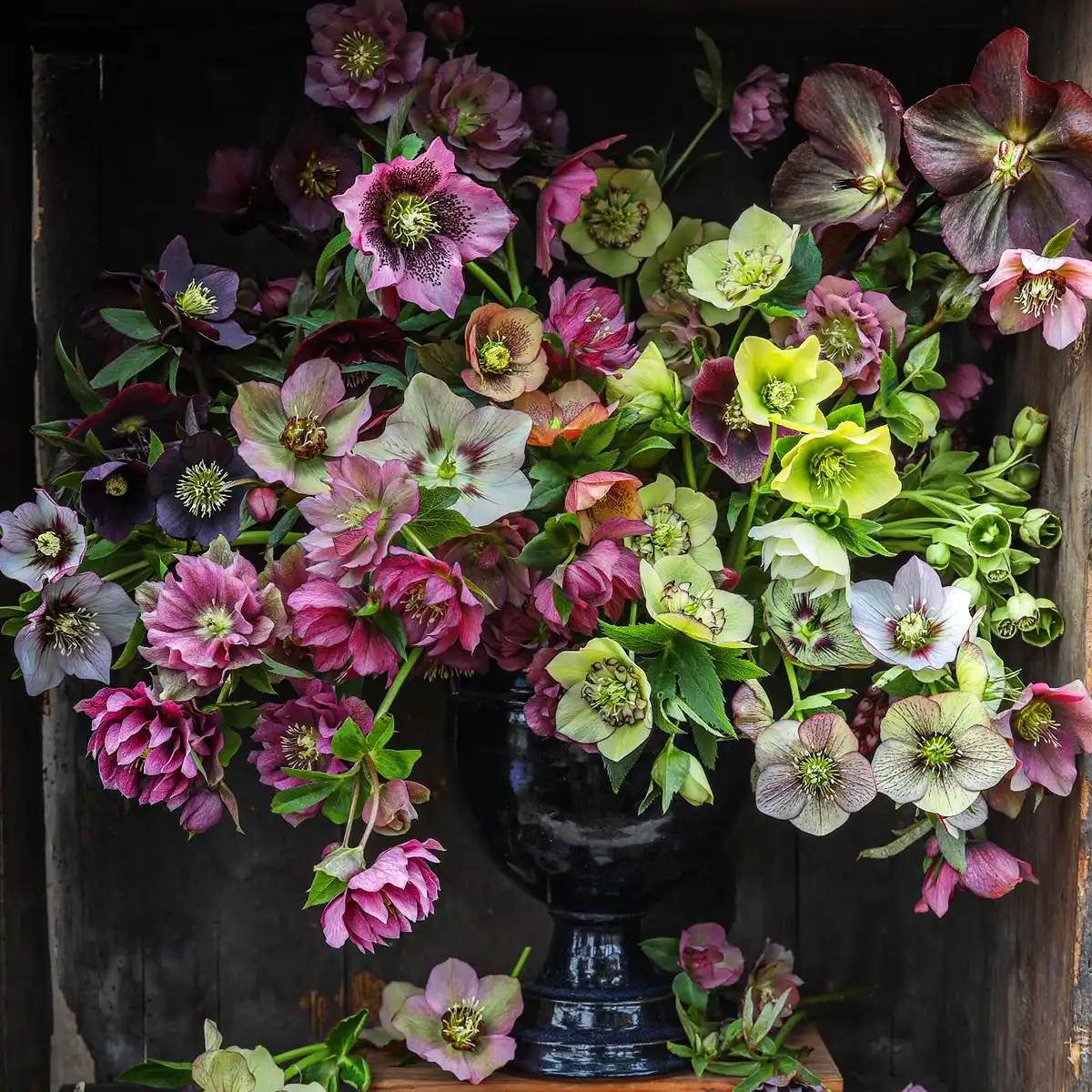Marginpar, a leader in the cultivation of summer flowers, is an enterprise quite unlike any other that one might think of. For one, the grower managing 17 flower farms across the African continent, employs systems that guarantee that its farms continuously produce maximum flower output, that can hardly be rivaled by other growers.
In several of its farms, the flower-growing company, according to its co-CEO, Richard ‘Kiki’ Fernandes, largely relies on Hamuka. This concept is based on the famous Japanese ideology of Kaizen. Kaizen refers to business activities that continuously improve all functions and involve all the employees right from the topmost management levels to the lowest line workers.
The Marginpar Flower Business Model
For 35 years (and counting), Marginpar has been producing some of the most exceptional summer flower varieties Anywhere. With flower farms spread across Kenya, Ethiopia, Tanzania, and Zimbabwe, and offices in Holland, the flower company was among the very first to introduce fresh and cut flowers from Africa to the Dutch flower auctions.
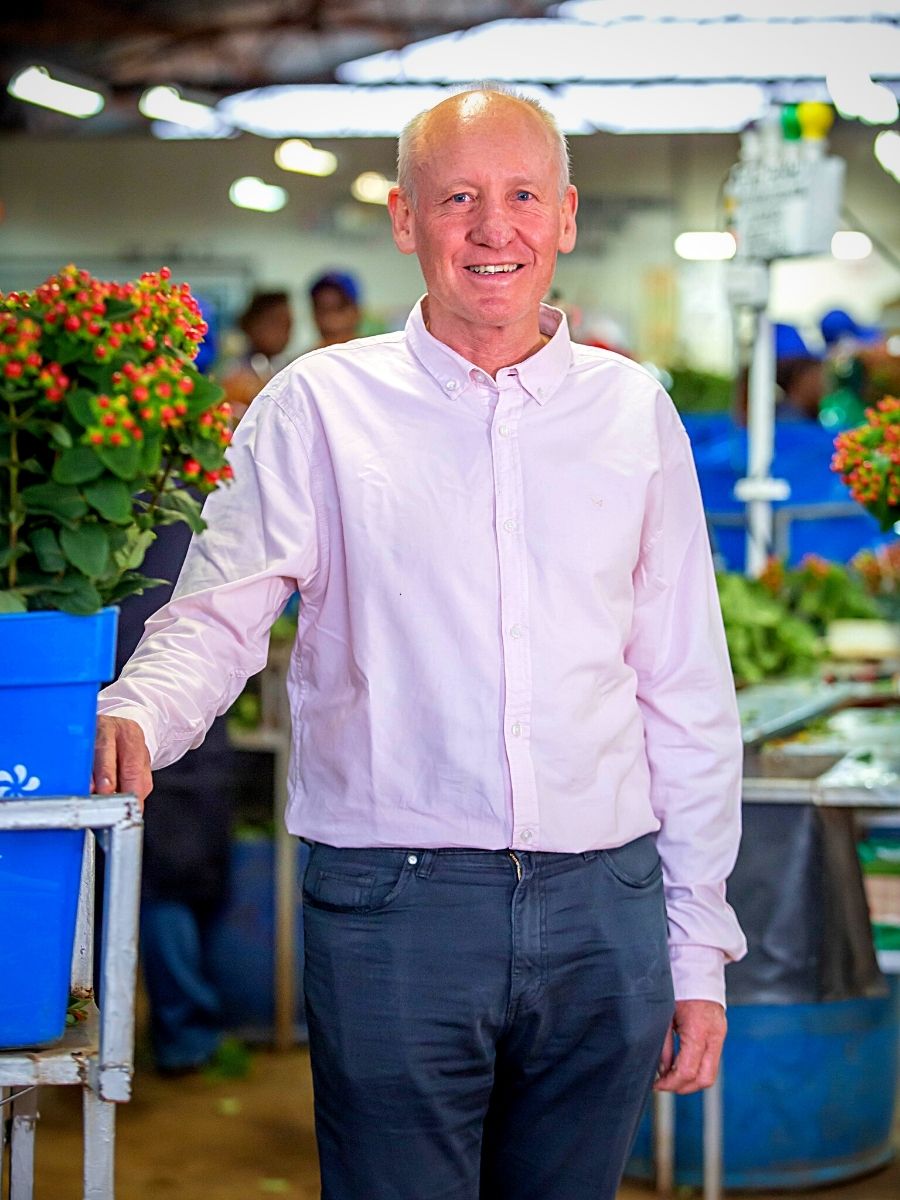
Part of Marginpar’s story, as many now know, started to take shape with the establishment of the Kariki Nanyuki (Bondet) Farm in 2001. Gradually, other farms and partnerships soon came in, and in 2018, Marginpar Netherlands, Marginpar Ethiopia, and Kariki Farms, and Carzan, all merged building a larger conglomerate.
The flower establishment, which prides itself in its sustainability cause, now produces and dispatches a cumulative 300 million stems of diverse flowers each year on 460 hectares of production land in the four countries in which its farms (and partner farms) are located.
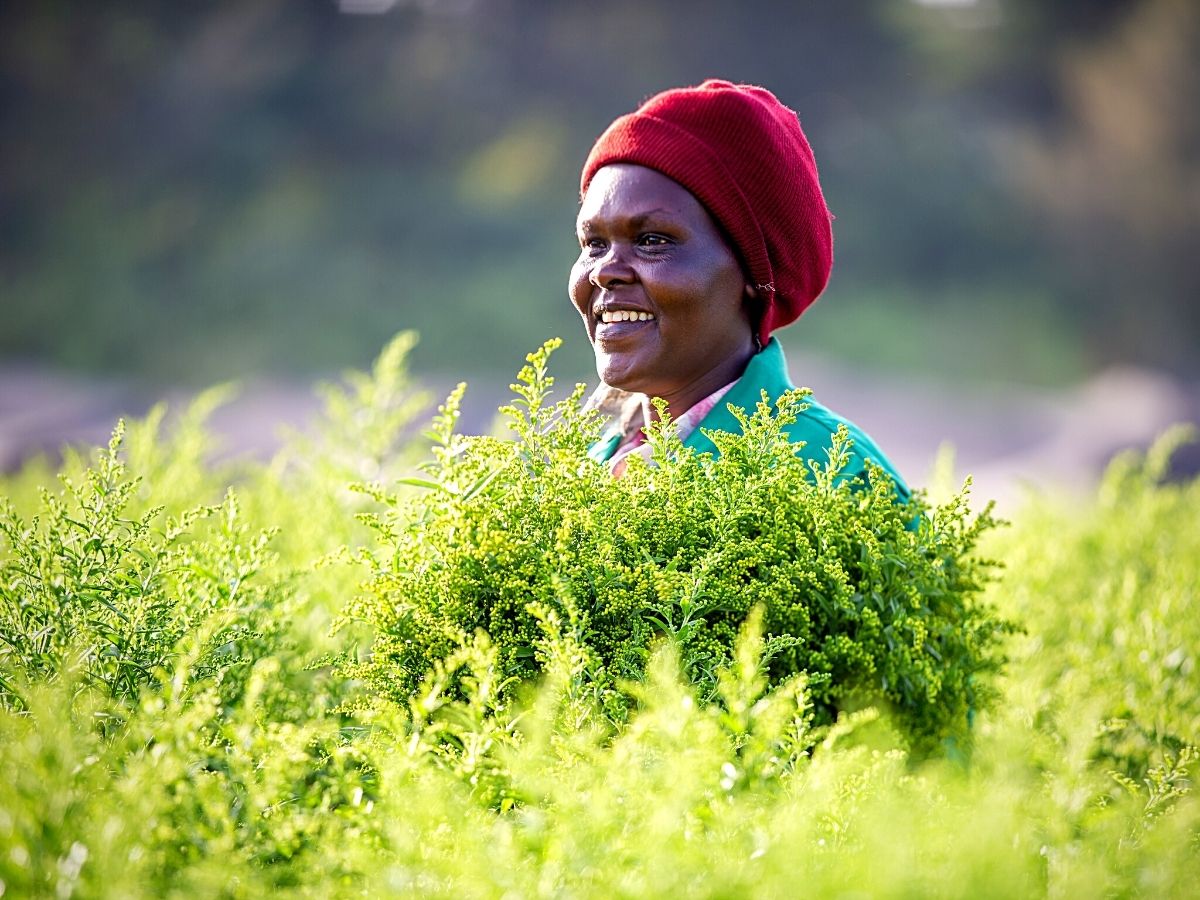
From the Kariki Nanyuki Farm to Kariki Juja Farm, Kariki Naivasha Farm, KS Farm, Kudenga Farm, MR Farm, and ST Farm, all in Kenya, to Bondeni Main, Bondeni Machame, and Michiru Farm (Tanzania), and numerous others in Ethiopia and Zimbabwe, Marginpar ensures that its different varieties of flowers are available to its millions of customers all over the world.
Even so, the flower enterprise has all along, relied on Hamuka, a tailored version of the concept of Kaizen, to ensure that it remains successful in all its operations; from the farms to the packaging, inventory, logistics, and marketing. Hamuka, basically, defines a people-centric way of working summed up by Marginpar’s tag line “We grow people, our people grown flowers”
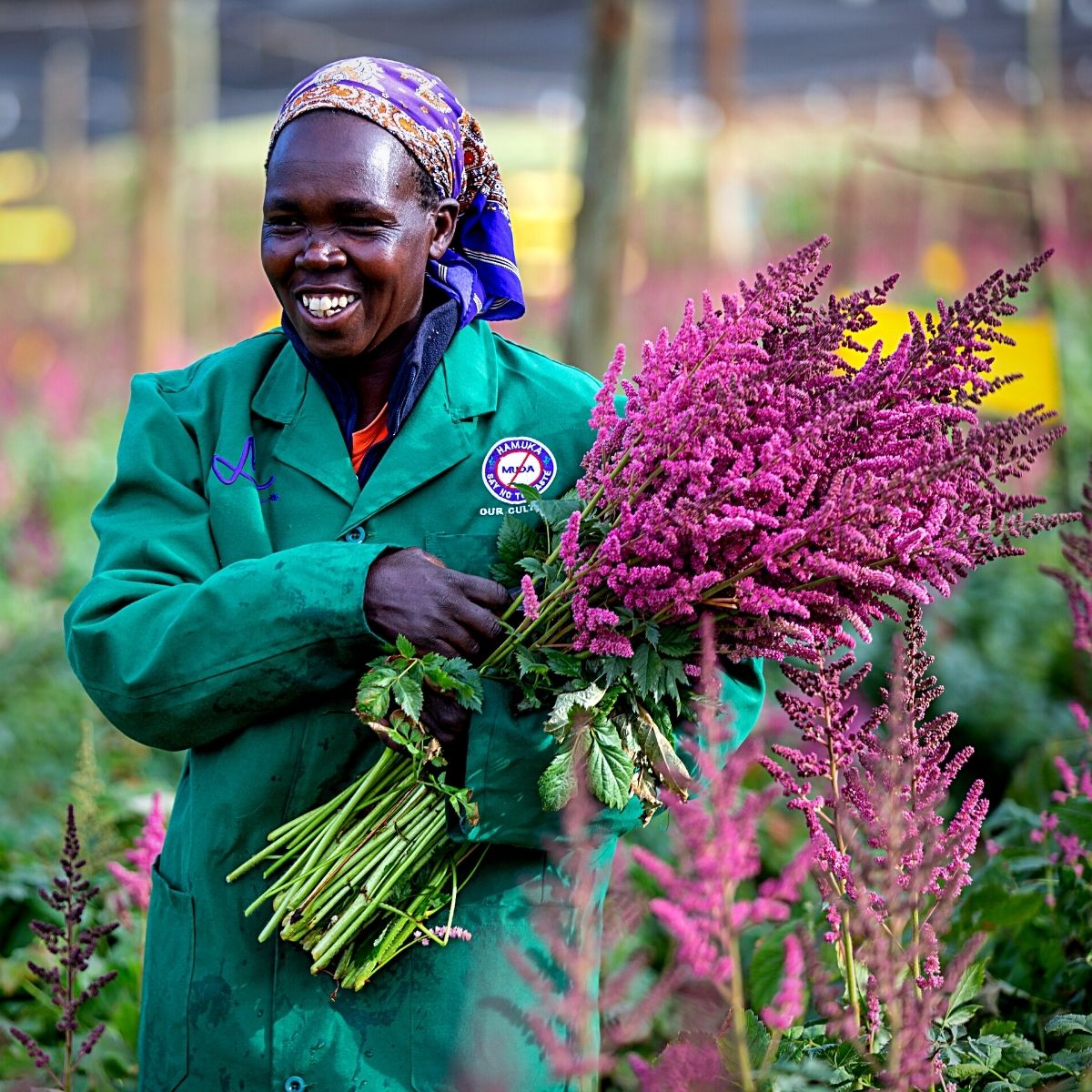
The Concept of Kaizen (And Hamuka) in Marginpar’s Working Ecosystem
Kaizen, which is all about continuous improvement, according to Peterson Thuita the farm manager of Bondet Farm, is an ideology that was introduced at Marginpar in 2012. It is a concept that has since improved not just the flower company’s overall production, but also enhanced employee (called value adders here) efficiency and made the workplace one that the staff constantly look forward to coming back to each morning.
Hamuka, which is an acronym for the Swahili slogan ‘Hatutaki (We do not want) Muda (Japanese for waste) Kariki, translates to ‘we do not want waste in Kariki’, and is Marginpar Kariki Farms’ mantra for ensuring sustainable production of flowers, without any form of waste whatsoever. Essentially, Hamuka, which is Marginpar’s personalized version of Kaizen, strives to constantly ensure that efficiency reigns in the farms and nothing goes to waste.
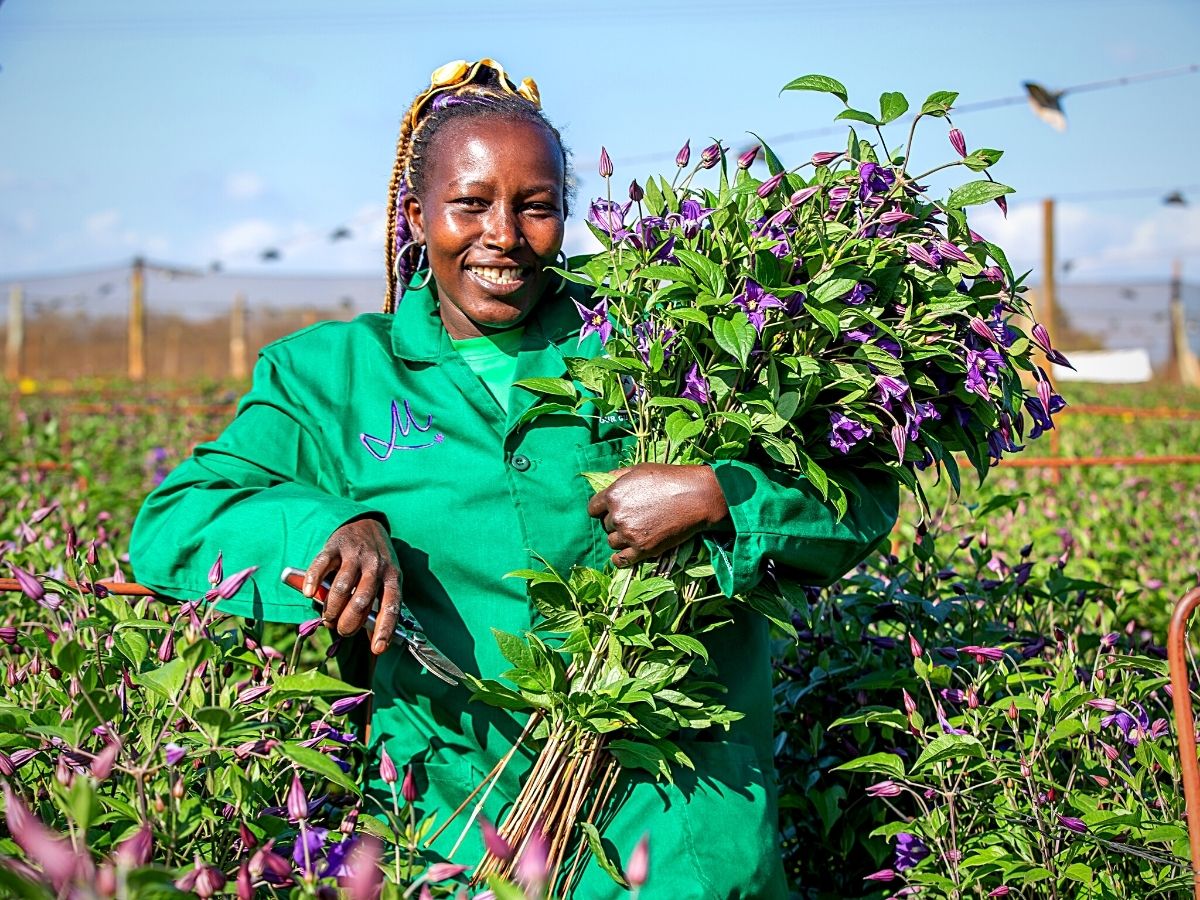
Here, Marginpar uses TIMWOODS, a framework for identifying different wastes in the workplace and controlling them promptly It can be applied to any organization or industry hence, through it, Marginpar guarantees that waste emanating from transportation, inventory, motion, waiting, overproduction, over-processing, defects, and non-utilization of skills, is minimized (or entirely avoided) in the entire flower value chain at its premises. These Mudas together with the inclusion of Mura (inconsistency) and Muri (stress or strain) comprise the three MUs which when addressed results in efficiency.
These ideals are, according to Peterson, all enshrined in the Hamuka concept; by which all staff, regardless of their position or level at the company, perform their duties. And the result is the success and efficiency that has continually been witnessed at the flower grower’s numerous farms.
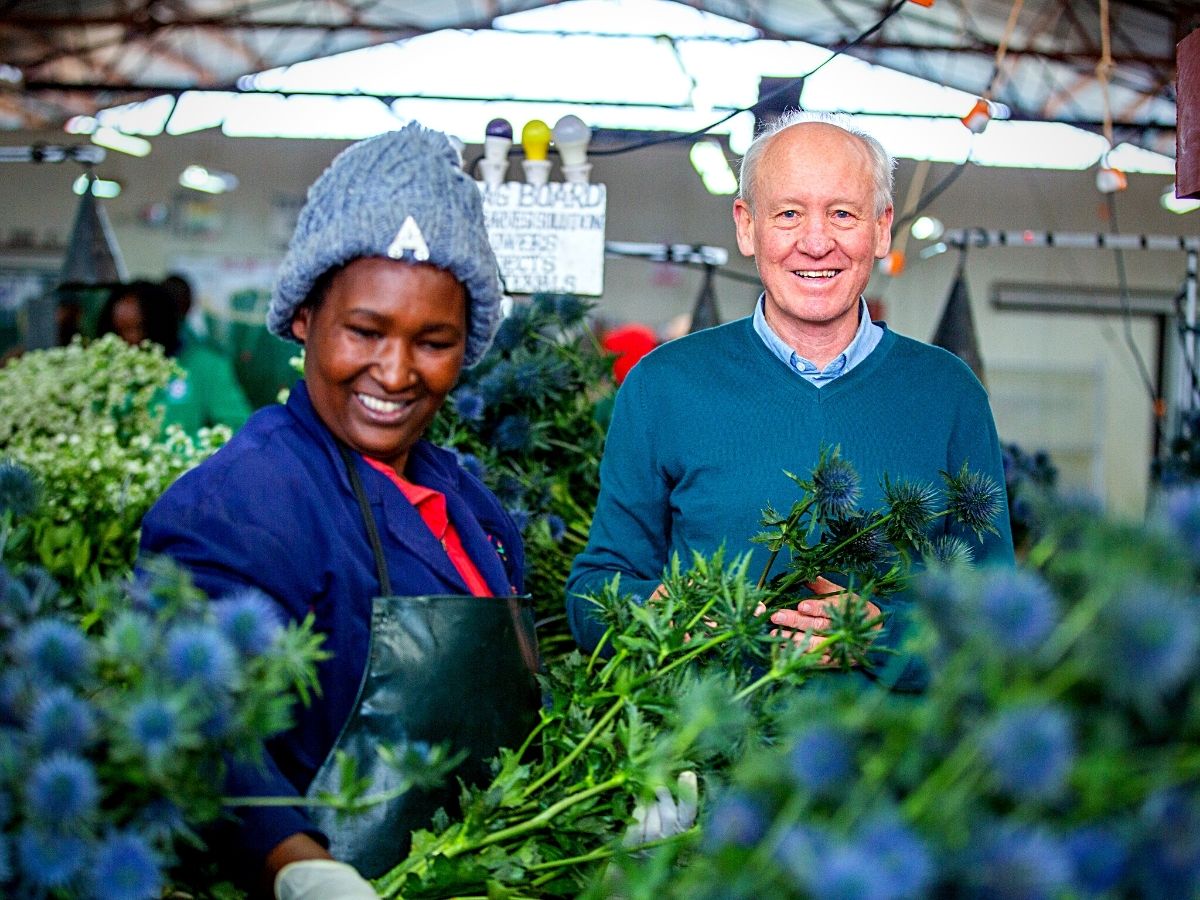
Kiki explains:
“It (Hamuka) is essentially a question of culture and organization in which people empowerment is a key element. Moving away from the traditional ‘top-down’ approach, it’s not about the management and those individuals in positions of power pushing things to get done, while the employees beneath them don’t understand what’s happening and why. It’s about an organization that values (all) people equally.”
The model is replicated in several of Marginpar’s farms and has helped the flower company grow and develop more, especially due to the cooperation between all its employees, and the work ethics that it instills in them, according to Kiki.
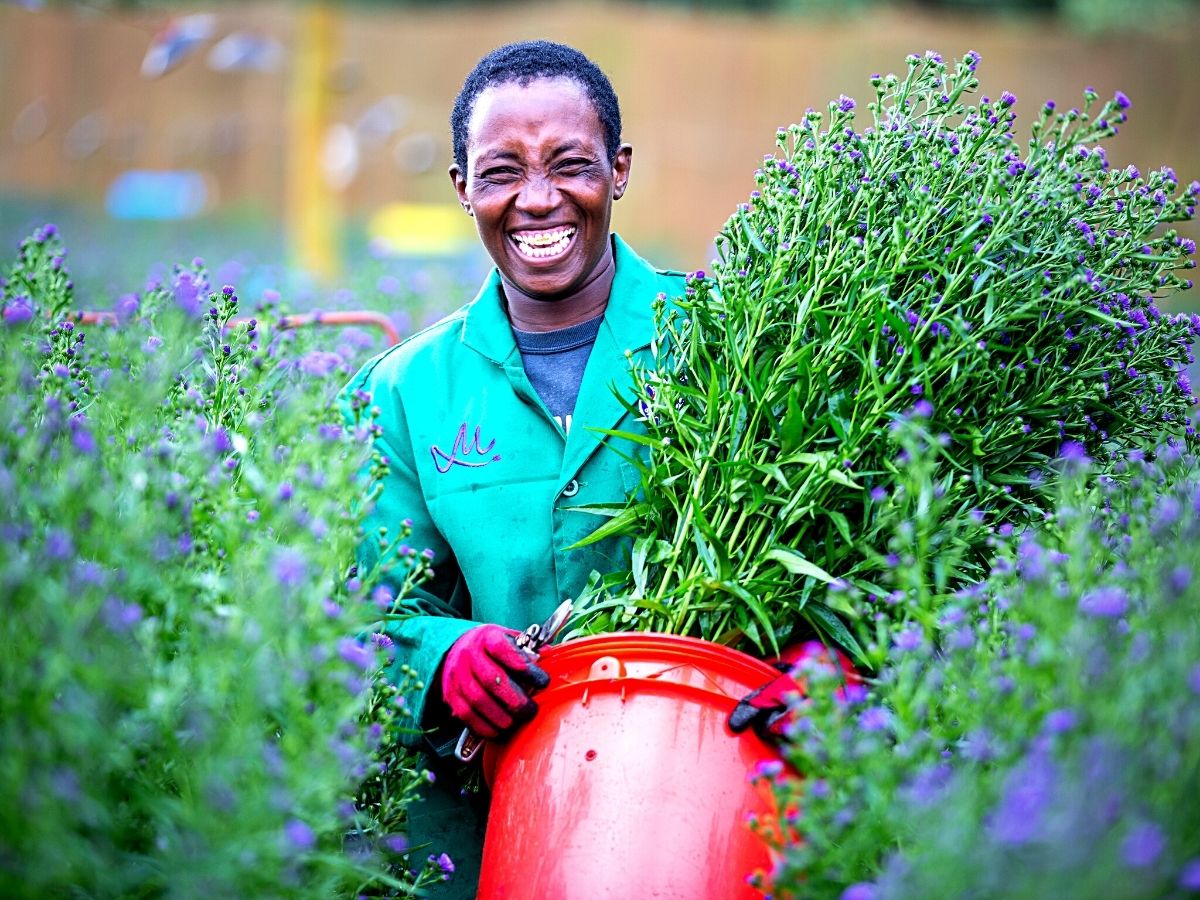
Essentially, in its practical sense, no one tells anyone what to do. It is a community in which everyone understands what is right to be done to address a situation or keep the company functioning productively. A community in which everyone does what is expected of them without being asked to.
How Hamuka Has Enhanced Margipar’s Workings
Hamuka, Peterson says, has had a significant impact on the flower company’s operations. Largely practiced in its Kenyan and Ethiopian farms, it has seen enhanced productivity, reduced waste of the available resources, and a generally satisfied workforce, as everyone does their job, virtually, without any supervision. Every value adder knows what is required of them, and strives to attain that target!
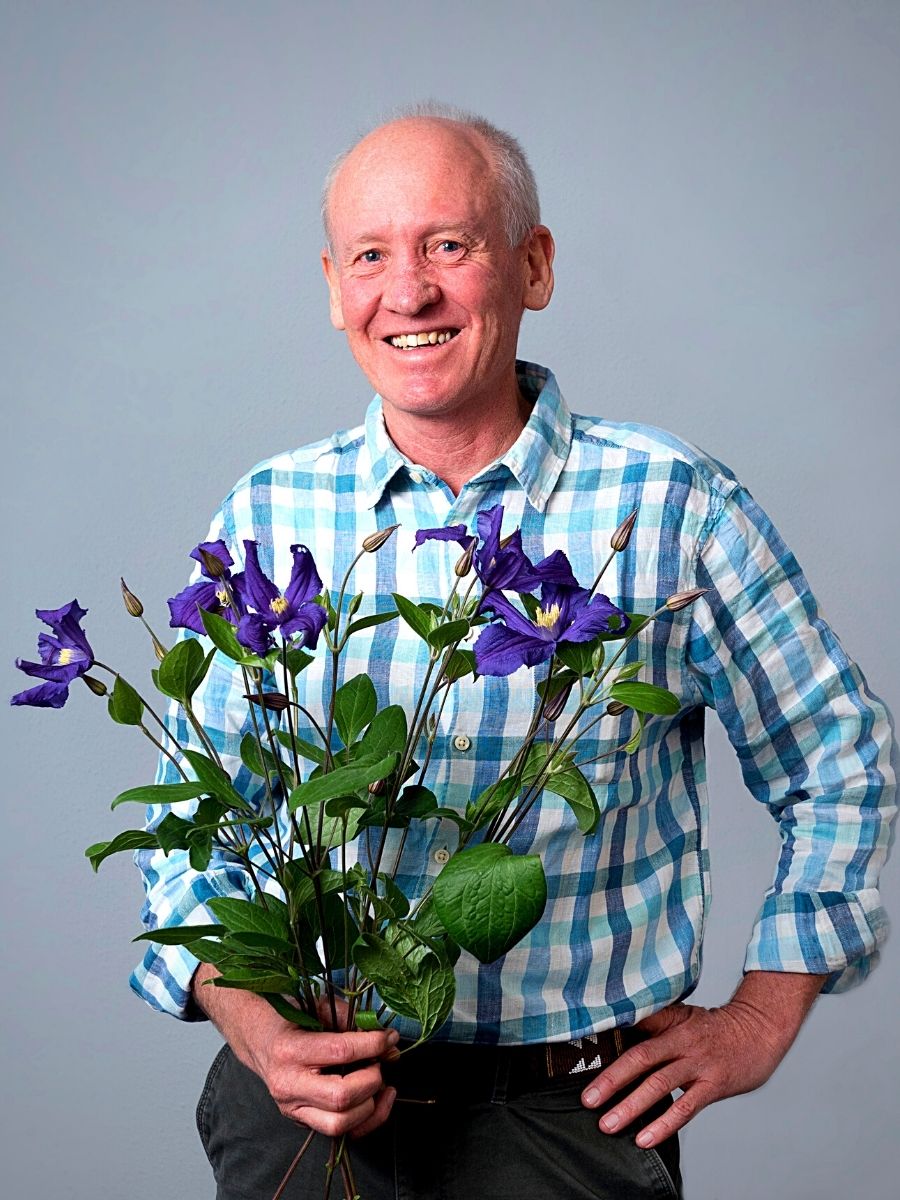
Kiki:
“Everyone here knows about our company’s targets and everybody knows their own personal target. The team targets are usually displayed on notice boards. And that’s what everyone works towards achieving.”
The employees, in essence, motivate themselves to work even harder since, for them, the flower farm is more like a big community in which everyone knows they have a role to play in contributing to its overall development and growth. And they get rewarded for their efforts!
Before Kaizen (and by extension Hamuka) came into being, flower production was hardly at its optimum and the staff members, unmotivated, always worked under some kind of supervision. There was hardly a spirit that sparked a sense of initiative among the employees.
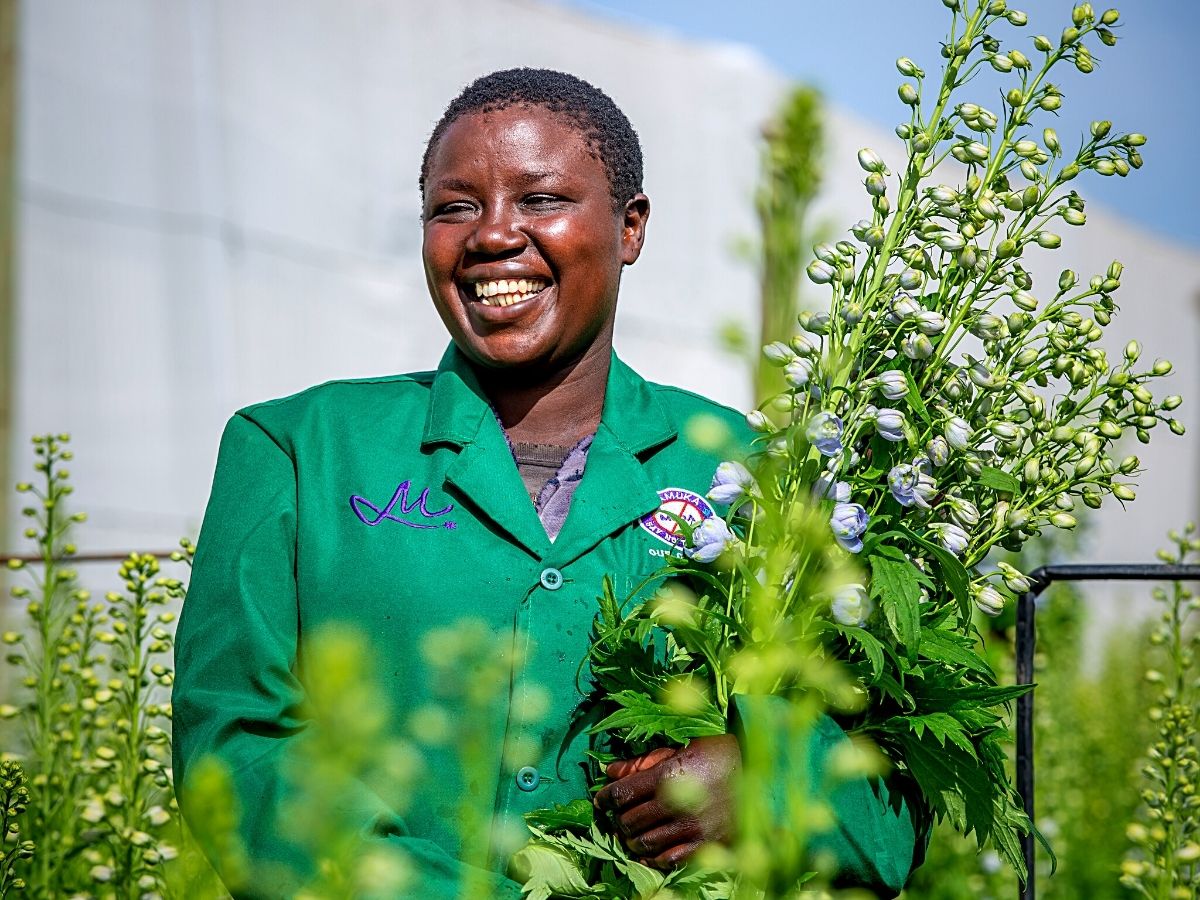
Peterson, who has worked at Kariki Ltd since 2008 (after previously working at Carzan since 2002) notes that annual flower production before 2011 at the farm was 12 million stems.
Peterson:
“But after implementing Hamuka at the Bondet flower farm, and still with the same number of employees and without expanding the production area, the annual flower output from that farm rose to 32 million stems (as of 2019). Issues such as waste of resources and inefficiency were significantly reduced as well. Such are the benefits of this model.”
These profits are in addition to other numerous non-monetary benefits such as a motivated workforce and an environment of positive energy that is satisfying for anyone to work in.
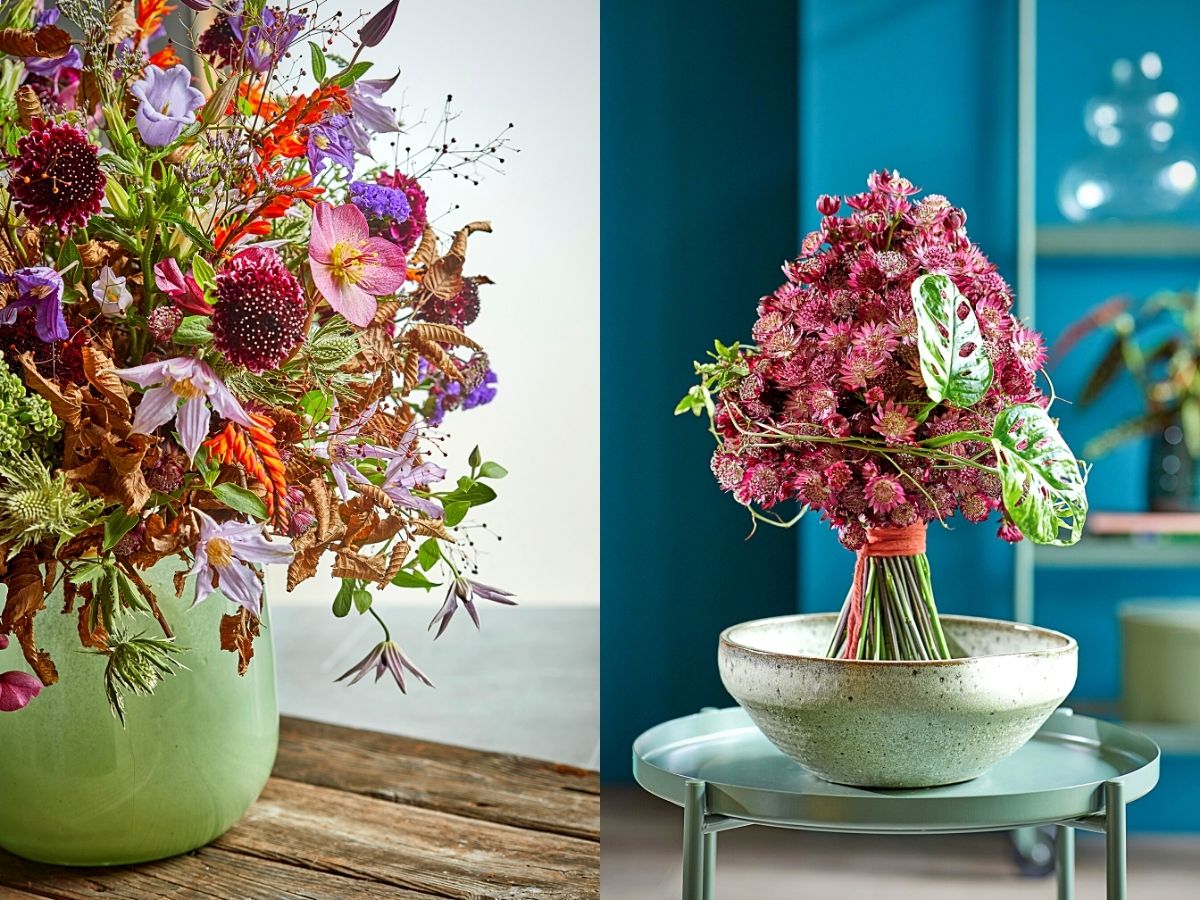
A case in which Hamuka is perfectly depicted, for instance, is in the storerooms. With Hamuka, inventory and supplies shortages are addressed just-in-time (JIT). JIT is an inventory management method that focuses on keeping as little inventory on hand as possible, without necessarily jamming the company’s facilities with goods not immediately required. The cash is, usually, released for other urgent needs.
Instead of stockpiling products and raw materials, for example, one just orders small shipments of what is required to replace inventory as they estimate and fulfill orders. The result is an efficient utilization of the inventory and minimal requirement for large storage facilities.
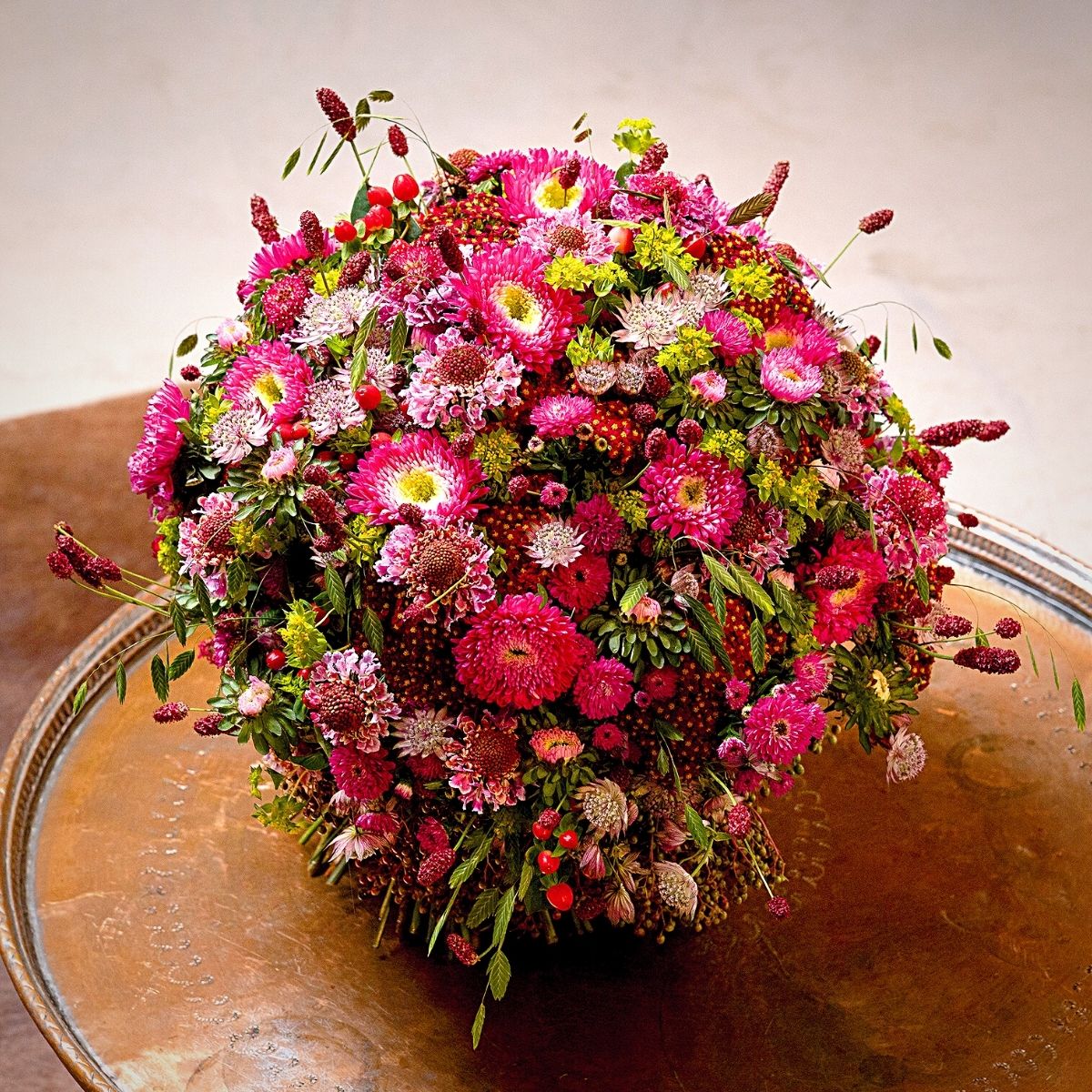
Kiki explains further:
“Inventory in your stores does not add any value and ties up cash. We turn our inventory 52 times in a year meaning that we hold one week’s inventory across all our Kenyan farms. To achieve this, we must have a good relationship with our suppliers, so we invest in these relationships as well. That’s also something I’ve learned from Kaizen. That business is about partnerships, it’s all about relationships. You look after your people and they will look after your customers. Your people are your number one priority.”
By and large, according to Kiki, Kaizen - Hamuka not only grows people, but also increases the flower company’s performance and production, and in turn, its turnover. Many of the flower company’s value adders have grown (in nearly every aspect of their lives) due to the Hamuka way of thinking. Some (such as Peterson) started out as junior employees, but now hold senior positions in the company due to their adherence to the Hamuka principles.
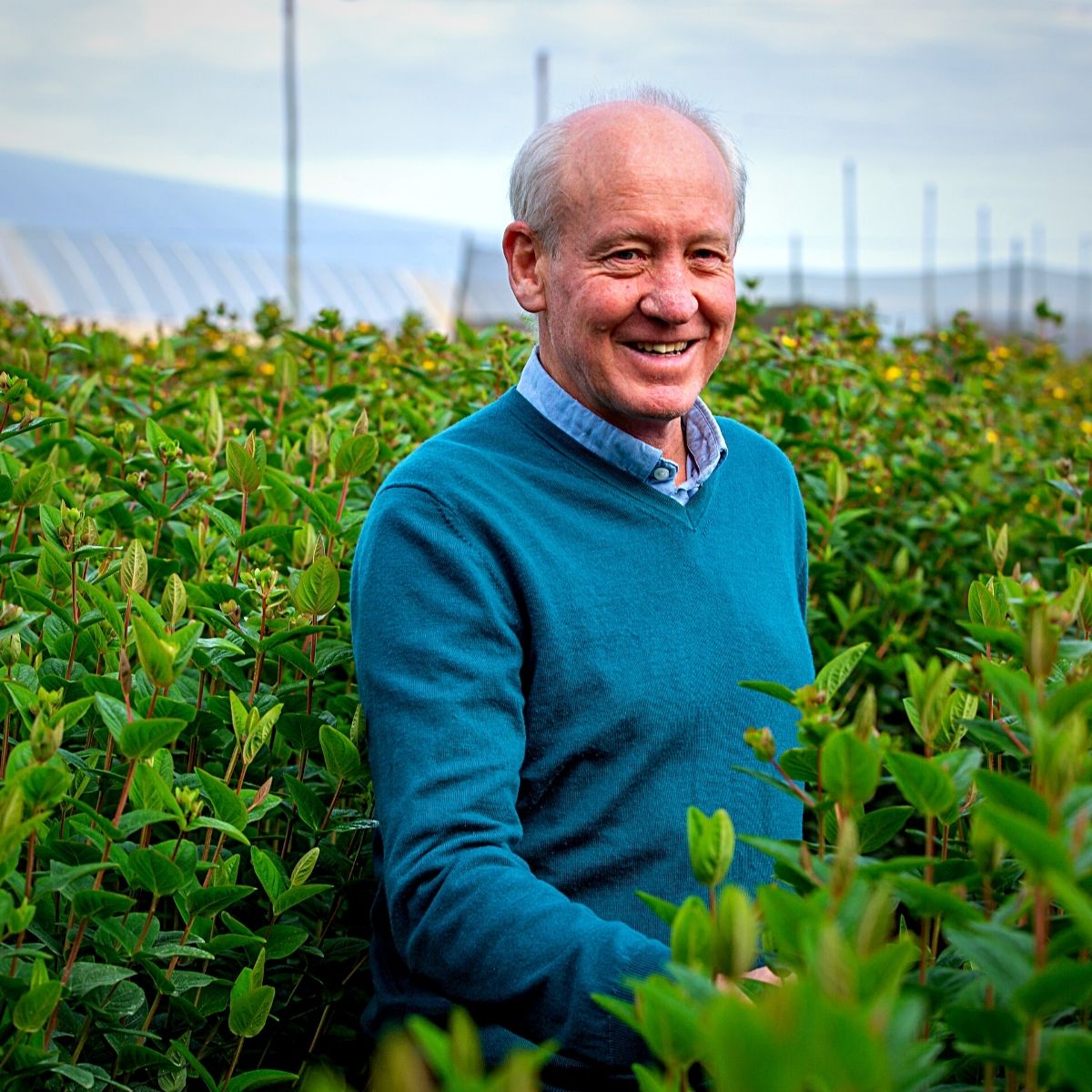
The goal of the concept, Kiki says, is to create a working environment that empowers the employees (who are largely from the local/neighboring community) to grow and create a better place where they can freely and comfortably work and develop their lives. And this, rather unconsciously, ensures not just enhanced productivity, but also a consistent quality of the company’s flower products.
All photos courtesy of Marginpar

